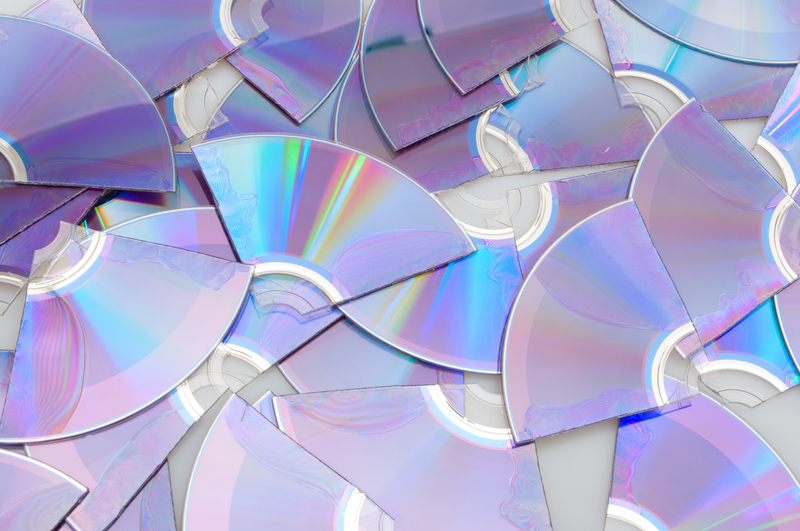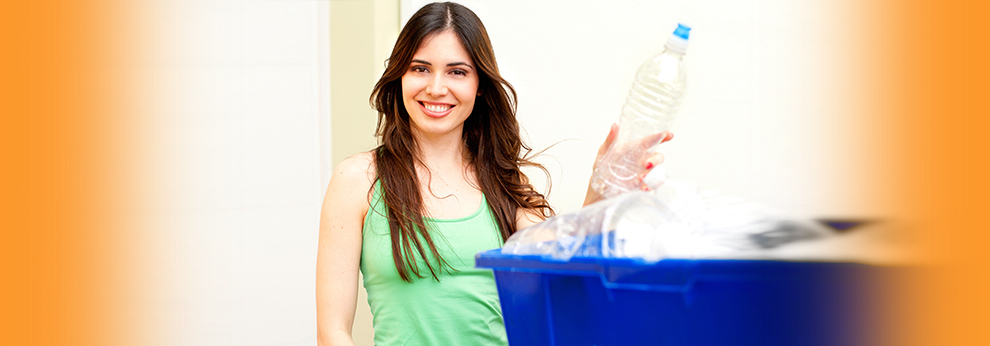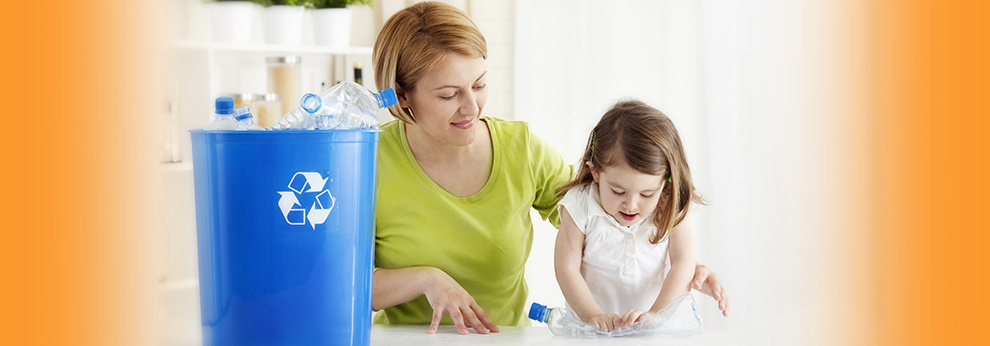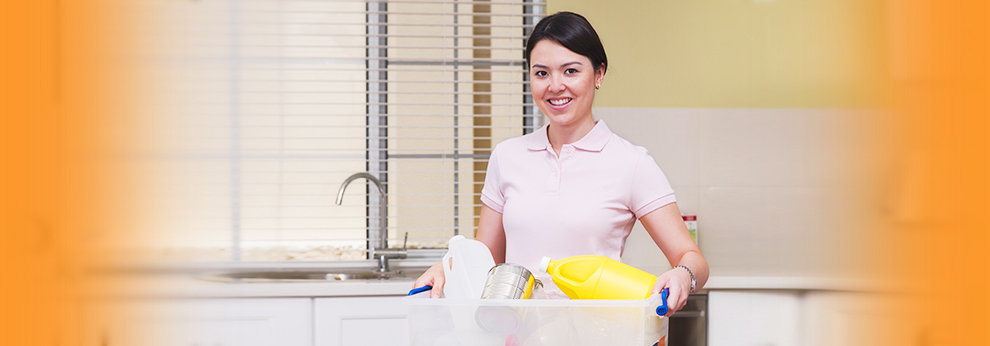Cutting-Edge Ideas for Reducing Household Waste
Posted on 21/08/2025
Cutting-Edge Ideas for Reducing Household Waste
In the 21st century, household waste reduction isn't just a noble pursuit--it's a crucial step toward a more sustainable and environmentally friendly world. With the rise of technology, innovative methods, and a global push for eco-conscious living, there are more creative and efficient ways than ever to manage garbage at home. Dive into the latest advancements and actionable strategies in this comprehensive guide to cutting-edge ideas for minimizing domestic waste.
Why Reducing Household Waste Matters Now More Than Ever
Our planet faces an unprecedented waste crisis. According to the World Bank, global waste is expected to soar by 70% by 2050 unless urgent action is taken. Landfills overflow, oceans suffer, and harmful emissions spike--all primarily due to household and consumer waste. By embracing innovative solutions, each family can make a significant difference.
- Minimizing environmental impact: Less waste means fewer resources depleted and reduced pollution.
- Saving money: Thoughtful purchasing and reuse lower expenses over time.
- Encouraging a sustainable lifestyle: Waste-conscious living often leads to better habits overall.
- Promoting circular economy: Keeping products in use reduces the demand for raw materials.

Smart Technology for Reducing Household Waste
1. High-Tech Composting Solutions
Traditional compost piles have evolved. Smart composting bins now come equipped with sensors, odor control, and accelerated decomposition features. Devices like the FoodCycler or Lomi compact machines turn food scraps into nutrient-rich soil in a matter of hours.
- Odorless, user-friendly, and space-saving.
- Monitor compost progress with dedicated apps.
- Reduces the volume of organic waste sent to landfills by up to 80%.
2. Waste Tracking Apps and Smart Inventory
Technology can help households track, analyze, and minimize their waste footprint. Waste tracking apps like Olio and Too Good To Go help users share surplus food or purchase soon-to-expire items at a discount. Additionally, smart fridges with built-in cameras and AI reminders prevent food from expiring by tracking products in real time.
- Helps prevent unnecessary food purchases.
- Connects communities and encourages food sharing.
- Leads to significant reductions in food waste and costs.
3. Automated Recycling Systems
Recycling can be complex, but automated home recycling solutions such as smart trash bins--like Oscar Sort or Bin-E--use artificial intelligence to sort, compact, and store recyclables. Some models even offer rewards or track your recycling stats for motivation.
- Ensures correct sorting of materials, minimizing contamination.
- Encourages higher recycling rates in households.
- Gamifies the recycling process for kids and adults alike.
Innovative Lifestyle Changes for a Zero-Waste Home
1. Embrace Bulk Buying and Refill Stations
Say goodbye to single-use packaging! Zero-waste stores and refill stations offer a new way to stock up on pantry staples, cleaning products, and even personal care items. By bringing your own containers and buying only what you need, you slash plastic and packaging waste almost entirely.
- Refill household products like detergent, shampoo, and spices.
- Bulk buys reduce overall packaging and transportation emissions.
- Encourages mindful consumption and planning.
2. DIY Upcycling and Creative Reuse
Transforming waste into treasures is both fun and effective. Get crafty by repurposing glass jars into storage containers, fabric scraps into cleaning cloths, or turning old t-shirts into shopping bags. Social media platforms like Pinterest and Instagram are overflowing with inspiration for household waste minimization through upcycling.
- Saves money by replacing store-bought items.
- Reduces landfill loads and fosters creativity.
- Encourages community sharing of ideas and materials.
3. Meal Planning to Cut Food Waste
A staggering portion of domestic waste is uneaten food. Combat this with innovative meal planning techniques, such as:
- Batch cooking and freezing portions for busy weeks.
- Using tech-driven apps like NoWaste to track what you have and avoid overbuying.
- Shopping with strict lists and using leftovers creatively.
Advanced Approaches to Packaging and Plastic Alternatives
1. Edible and Compostable Packaging
Recent years have seen a surge in edible packaging materials made from seaweed, rice, and biodegradable polymers. Companies like Loliware and Notpla now provide packaging that you can eat or compost at home, significantly lowering plastic waste generation in households.
- Ideal for snacks, single-serve beverages, and takeout.
- Reduces reliance on non-renewable materials.
- Safe for backyard composting--returns nutrients to the soil.
2. Invest in Reusable Alternatives
Switching to glass, steel, or silicone food storage containers eliminates the need for single-use plastics. Additionally, beeswax wraps, Swedish dishcloths, and bamboo cutlery are trendy and sustainable swaps for the eco-minded household.
- Durable and non-toxic options for families.
- Many eco-friendly products are now affordably priced and stylish.
- Reusables are often dishwasher and freezer safe, making life easier.
Next-Level Recycling and Repair: Beyond the Blue Bin
1. Participate in Circular Economy Platforms
The rise of sharing platforms has enabled communities to extend product lifespan and minimize waste. Apps and websites like Freecycle and Buy Nothing connect neighbors for the exchange, lending, or gifting of items.
- Prevents perfectly usable items from becoming trash.
- Builds stronger, more sustainable communities.
- Fosters a sense of local stewardship.
2. Repair Cafes and DIY Repair Culture
Gone are the days of throwing away broken electronics or clothing. Pop-up Repair Cafes and online tutorials make it easy for anyone to fix instead of toss. With basic tools and community expertise, the average household can significantly reduce landfill-bound waste.
- Teaches valuable skills and saves money.
- Keeps electronics, bikes, and more in circulation longer.
- Empowers households to be part of the solution.
Eco-Conscious Purchasing: Choose with Impact
1. Buy Upcycled and Recycled Products
Seek out brands that use recycled or upcycled materials in their packaging and products. From shoes made of ocean-bound plastics to home decor crafted from reclaimed wood, these options transform potential waste into a resource.
- Supports businesses committed to waste reduction innovation.
- Often, recycled materials boast impressive durability.
- Each purchase reduces demand for virgin materials.
2. Try Subscription Services with Eco-Friendly Packaging
Meal kits, cleaning products, and personal care items now frequently arrive in minimal, compostable, or reusable packaging. Services like Blueland, Loop, and Public Goods lead the way in reducing unnecessary packaging and championing household waste reduction strategies.
- Easy return or refill options minimize ongoing waste.
- Products curated with sustainability in mind.
- Saves time while helping you live greener.
Kids and Waste Reduction: Teaching the Next Generation
Start young! Engaging children in waste reduction activities sows seeds for lifelong sustainability. Try these tips:
- Involve kids in composting by letting them play "detective" in sorting food scraps.
- Make upcycling crafts a regular part of family time.
- Use illustrated books and interactive games to teach about recycling and conservation.
- Encourage participation in local clean-ups and zero-waste challenges.
Future Trends: The Next Frontier of Household Waste Reduction
1. AI-Driven Waste Sorting Robotics
Emerging robotic systems powered by artificial intelligence are poised to revolutionize domestic waste management. Imagine home robots that analyze, separate, and process trash with near-perfect accuracy--making recycling effortless and contamination-free.
2. Smart Neighborhood Communities
From "trash-tracking" sensors in local waste bins to entire apartment buildings with on-site waste-to-energy converters, the future of household waste is hyperconnected and communal.
- Collaborative composting initiatives in urban areas.
- Shared refuse-to-resource programs increasing household waste diversion rates.
3. Biotech Waste Solutions
Biodegradation-enhancing microbes, plastic-eating enzymes, and other biotech marvels promise to further decrease the waste footprint of modern homes. These advances *offer unprecedented potential* for tackling even the trickiest waste categories, from microplastics to hazardous chemicals.

Conclusion: Take Action to Lead the Change
Innovative approaches make household waste reduction more achievable and exciting than ever before. By leveraging technology, embracing new habits, and fostering a culture of reuse and repair, your family can play a vital role in creating a more sustainable future.
Begin with one idea from this article and build on your progress each week. Share your journey, inspire others, and transform your home into a beacon of zero-waste living--because the planet's health starts at your doorstep.
Frequently Asked Questions: Cutting-Edge Household Waste Reduction
What is the most effective way to reduce household waste?
The most effective approach is source reduction: avoid generating waste in the first place by choosing reusable products, composting food scraps, and only buying what you need.
Are high-tech solutions expensive?
While initial investments in smart devices or sustainable alternatives may be higher, the long-term savings and reduced waste justify the cost. Many options are becoming increasingly affordable as technology evolves.
Can every family achieve zero-waste living?
Zero-waste is a journey, not an overnight transformation. Every small step counts. Focus on progress, not perfection, and celebrate each milestone!
Ready to make a difference? Start today with these innovative strategies and join the movement to cut waste--one household at a time!



